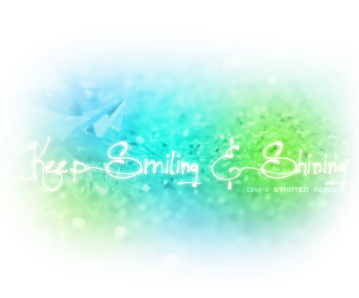 When Savannah Lynn Curtis comes into his life, John Tyree knows he is ready to turn over a new leaf. An angry rebel, he had enlisted in the army after high school, not knowing what else to do. Then, during a furlough, he meets the girl of his dreams. Savannah Lynn Curtis is attending college in North Carolina, working for Habitat for Humanity, and totally unprepared for the passionate attraction she feels for John Tyree.The attraction is mutual and quickly grows into the kind of love that leaves Savannah vowing to wait for John while he finishes his tour of duty, and John realizing that he’s ready to settle down with the young woman who has captured his heart.Neither can foresee that 9/11 is about to change the world and will force John to risk every hope and dream that he’s ever had. Like so many proud men and women, John must choose between love and country. And like all those left behind, Savannah must decide to wait or move on. How do we choose wisely? How can we face loss-without giving up on love? Now, when he finally returns to North Carolina, John will discover that loving Savannah will force him to make the hardest decision of his life. An extraordinary, moving story, DEAR JOHN explores the complexities of love-how it survives time and heartbreak, and how it transforms us forever.(taken from Google Books)
When Savannah Lynn Curtis comes into his life, John Tyree knows he is ready to turn over a new leaf. An angry rebel, he had enlisted in the army after high school, not knowing what else to do. Then, during a furlough, he meets the girl of his dreams. Savannah Lynn Curtis is attending college in North Carolina, working for Habitat for Humanity, and totally unprepared for the passionate attraction she feels for John Tyree.The attraction is mutual and quickly grows into the kind of love that leaves Savannah vowing to wait for John while he finishes his tour of duty, and John realizing that he’s ready to settle down with the young woman who has captured his heart.Neither can foresee that 9/11 is about to change the world and will force John to risk every hope and dream that he’s ever had. Like so many proud men and women, John must choose between love and country. And like all those left behind, Savannah must decide to wait or move on. How do we choose wisely? How can we face loss-without giving up on love? Now, when he finally returns to North Carolina, John will discover that loving Savannah will force him to make the hardest decision of his life. An extraordinary, moving story, DEAR JOHN explores the complexities of love-how it survives time and heartbreak, and how it transforms us forever.(taken from Google Books)
I think Nicholas Sparks is an extraordinary storyteller in that he has never failed to make my heart ache every time I watch a movie based on his book. Dear John is no exception, though this time I am reading the book instead.
What I love about him is that he writes to a pretty predictable recipe. To think predictable stories would be boring, it is actually the opposite. When I look at the things I do everyday, I realize that it is pretty predictable as well: wake up, eat, school, work, leisure activities, sleep, and repeat for the next day. What I learned from his stories, though, is that sometimes I overlook the little details in life which makes it more meaningful.
For example, Dear John really made me stop and think about the struggles that other people are facing. When I see my friends’ pictures and statuses on the Internet, it’s really different than when I actually talk to them in person and find out that they, too, are not as happy as what their latest update would seem to suggest.
“When you’re struggling with something, look at all the people around you and realize that every single person you see is struggling with something, and to them, it’s just as hard as what you’re going through.”
Everyone is struggling with something. They just hide it from the public, which creates the illusion that everyone else’s life is perfect.
So dear reader, whatever the challenge you are facing, remember that you are not alone. At the same time you are trying to overcome the challenge, we are all trying to do the same thing as well. ^_^






